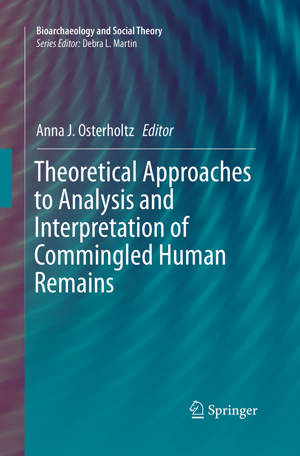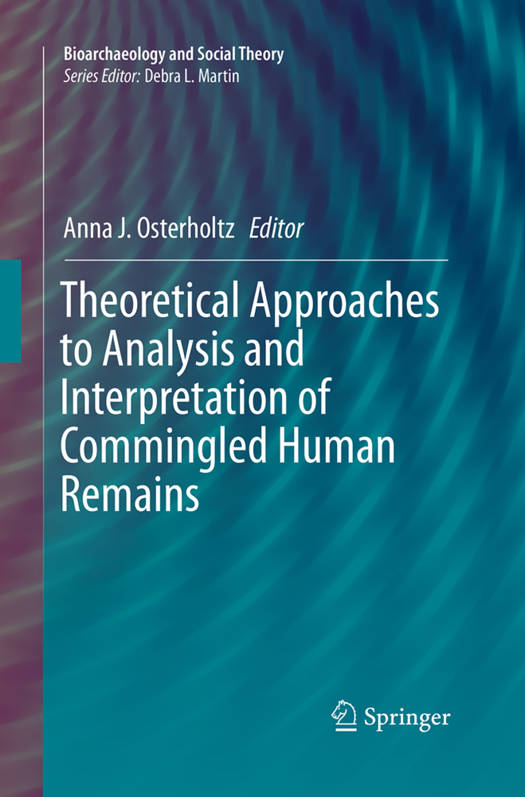
- Afhalen na 1 uur in een winkel met voorraad
- Gratis thuislevering in België vanaf € 30
- Ruim aanbod met 7 miljoen producten
- Afhalen na 1 uur in een winkel met voorraad
- Gratis thuislevering in België vanaf € 30
- Ruim aanbod met 7 miljoen producten
Zoeken
Theoretical Approaches to Analysis and Interpretation of Commingled Human Remains
€ 52,95
+ 105 punten
Omschrijving
This volume centers on the application of social theory to commingled remains with special focus on the cultural processes that create the assemblages as a way to better understand issues of meaning, social structure and interaction, and lived experience in the past. The importance of the application of theoretical frameworks to bioarchaeology in general has been recognized, but commingled and fragmentary assemblages require an increased theoretical focus. Too often these assemblages are still relegated to appendices; they are analytical puzzles that need the interpretive power offered by social theory.
Theoretical Approaches to Analysis and Interpretation of Commingled Human Remains provides case studies that illustrate how an appropriate theoretical model can be used with commingled and fragmentary remains to add to overall site and population level interpretations of past and present peoples. Specifically, the contributions show a blending and melding of different social theories, highlighting the broad interpretive power of social theory. Contributors are drawn from both the Old and New World. Temporally, time periods from the Neolithic to historic periods are present, further widening the audience for the volume.Specificaties
Betrokkenen
- Uitgeverij:
Inhoud
- Aantal bladzijden:
- 255
- Taal:
- Engels
- Reeks:
Eigenschappen
- Productcode (EAN):
- 9783319373133
- Verschijningsdatum:
- 23/08/2016
- Uitvoering:
- Paperback
- Formaat:
- Trade paperback (VS)
- Afmetingen:
- 156 mm x 234 mm
- Gewicht:
- 385 g

Alleen bij Standaard Boekhandel
+ 105 punten op je klantenkaart van Standaard Boekhandel
Beoordelingen
We publiceren alleen reviews die voldoen aan de voorwaarden voor reviews. Bekijk onze voorwaarden voor reviews.










